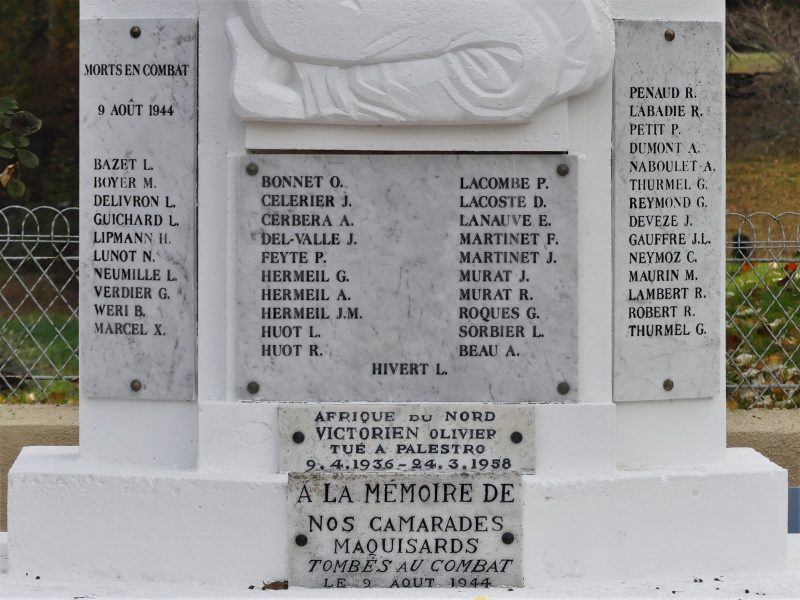Ahmed Fouad Alkhatib (“proud American, native Gazan”) and Dahlia Scheindlin get real about Gaza, Hamas and history of social movements in their commentaries below. Their positions aren’t perfectly aligned, but I’m with him and her…B.D.
Shame on all who failed the protesters in Gaza and ignored their pleas and cries for freedom, dignity, and a future free of Hamas, terrorism, violence, and conflict. Shame on all the “journalists,” “human rights” fraudsters, “pro-Palestine” and “solidarity” activists, college… pic.twitter.com/JelTw974Mn
— Ahmed Fouad Alkhatib (@afalkhatib) March 30, 2025
Why Don’t Gazans Rise Up and Oust Hamas? Dismantling a Deeply Dishonest Claim
By Dahlia Scheindlin
Originally published on March 20 in Haaretz…



 Monument to victims of Nazi massacre in St. Julien de Crempse
Monument to victims of Nazi massacre in St. Julien de Crempse